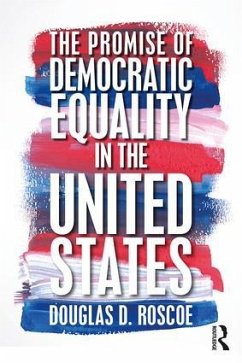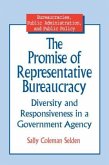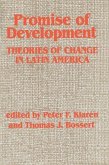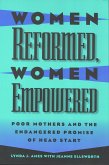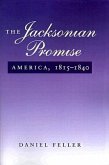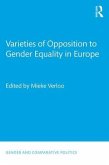The Promise of Democratic Equality in the United States explores the ways in which the American political system fails to fully respect political equality. Douglas D. Roscoe argues these deficiencies are not necessarily failures of justice, but often reflect attempts to balance important but competing principles and values. He analyzes the balance among these competing values in a variety of contexts, including congressional representation, the Electoral College, voting regulations, campaign finance, lobbying, the Senate filibuster rules, and protections for civil rights and liberties. A diverse set of methodological approaches is employed to carefully evaluate whether the limits placed on political equality are reasonable and necessary. Using a rigorous normative framework, while leaning heavily on high-quality quantitative evidence and social science research, this book provides students of democratic theory and American politics with a compact and manageable review of the degree to which democratic equality is supported in the United States.
Hinweis: Dieser Artikel kann nur an eine deutsche Lieferadresse ausgeliefert werden.
Hinweis: Dieser Artikel kann nur an eine deutsche Lieferadresse ausgeliefert werden.

